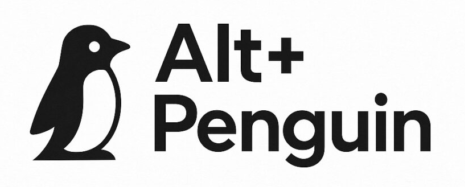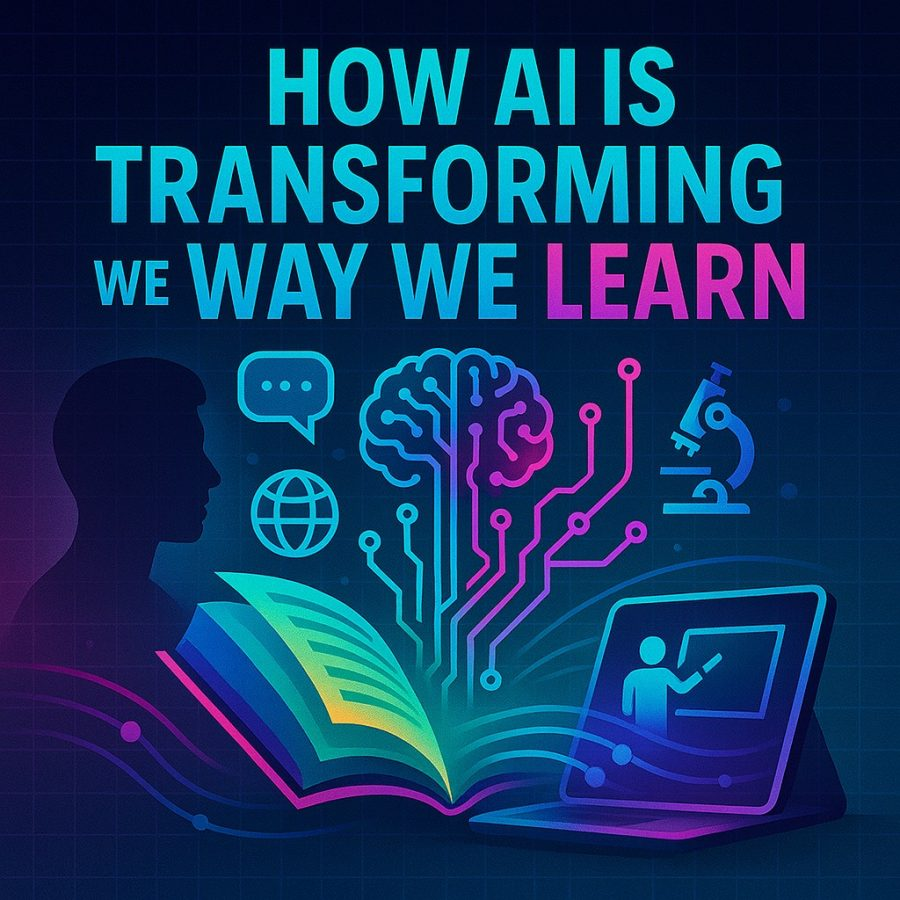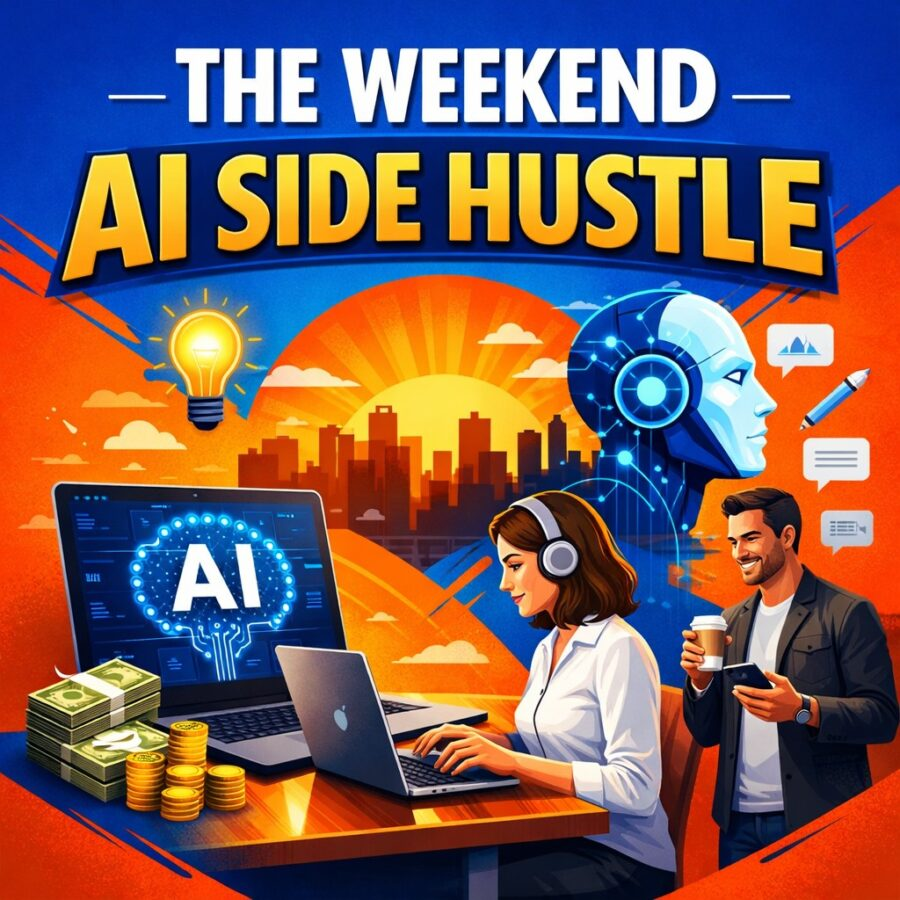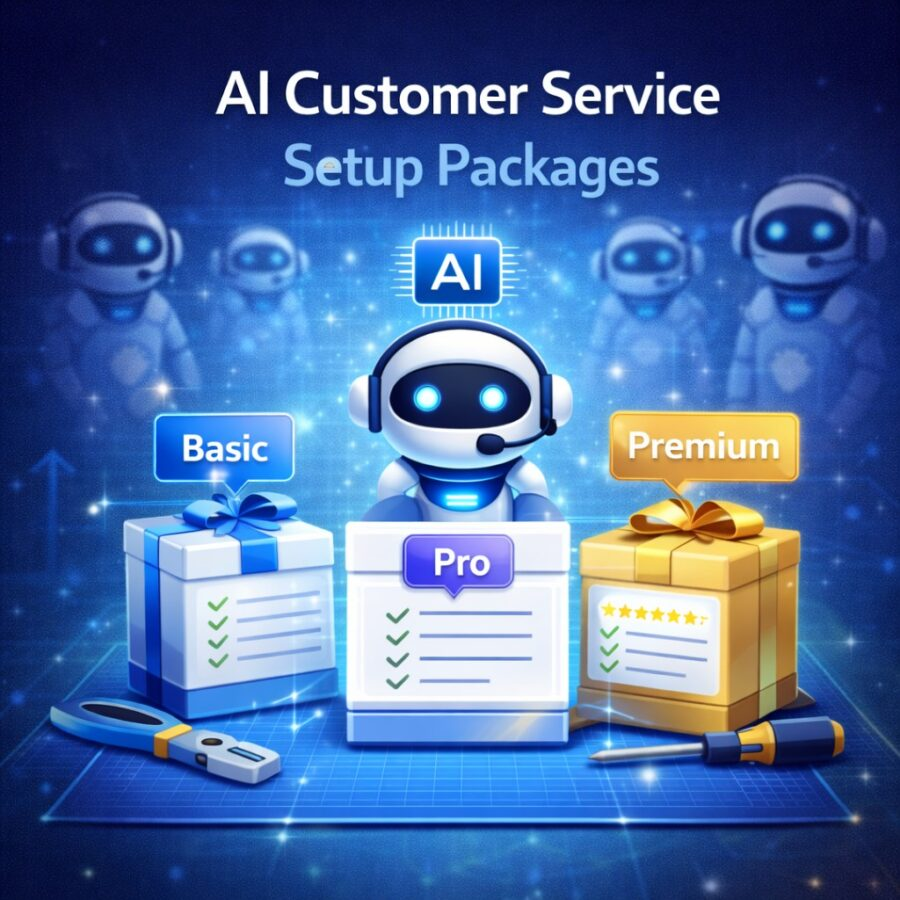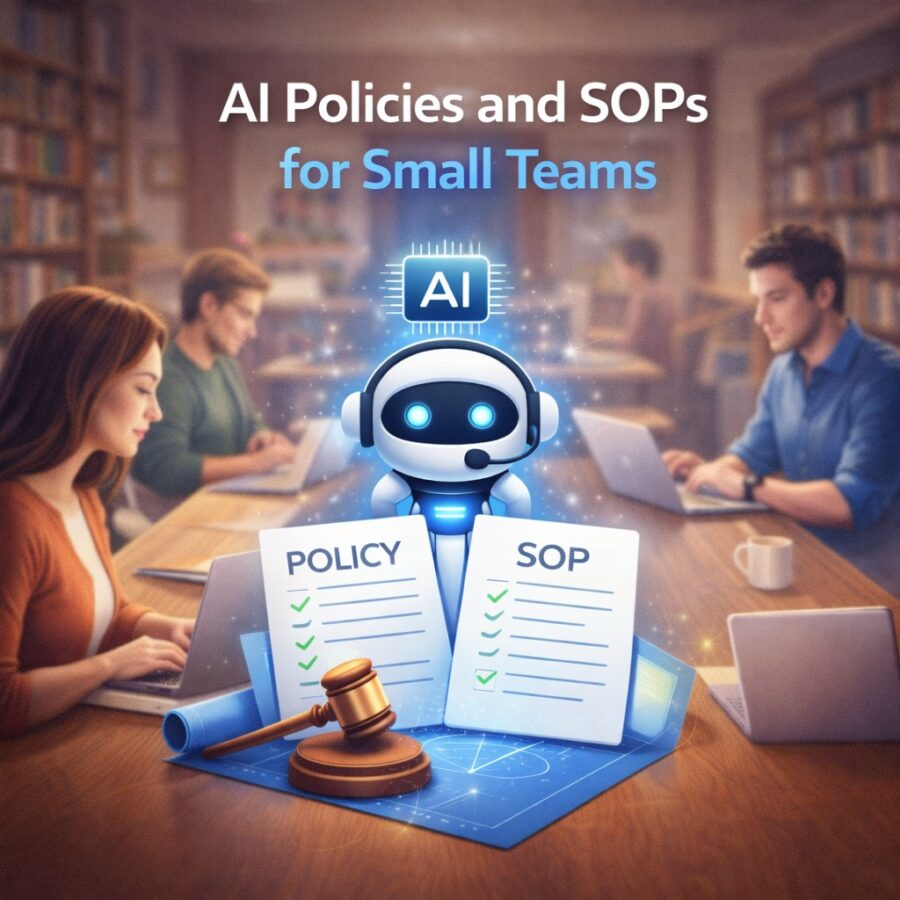Views: 0
Education has always evolved with technology. From chalkboards to projectors, from desktop computers to online classes, each wave has reshaped the classroom experience. Now artificial intelligence is not just another tool,it is the game-changer.
This How AI Is Transforming the Way We Learn article explores how algorithms, adaptive platforms, and virtual tutors are redefining learning for students, teachers, and lifelong learners.
We will take a deep look into personalized lessons, automated grading, gamified apps, and global access to education. We will explore benefits, risks, and the quirky ways AI is already sneaking into study sessions. By the end, you will see how AI is not only teaching facts but also reshaping the entire philosophy of learning itself.
The Evolution of Learning Technologies
Before diving into AI, it is worth remembering how technology has always shaped learning.
- Chalkboards made information visible to entire classrooms.
- Projectors and films brought visuals to lessons.
- Personal computers gave students word processors, spreadsheets, and educational software.
- The internet delivered online courses, MOOCs, and digital libraries.
Each leap democratized knowledge a little more. Now, AI is the next leap—personalizing, automating, and scaling education like never before.
Personalized Learning at Scale
One of the clearest examples of How AI Is Transforming the Way We Learn is personalization.
Adaptive Learning Systems
AI-powered platforms adjust difficulty based on student performance. Struggling with algebra? The system gives extra practice. Flying through vocabulary? It skips ahead.
Benefits
- Students move at their own pace.
- Teachers can focus on guiding instead of drilling.
- Learners feel supported rather than left behind.
For the first time, personalization—once possible only with private tutors—is available to entire classrooms through software.
AI Tutors: Available 24/7
AI tutoring systems are stepping into roles once reserved for late-night study groups or expensive coaches.
- Chatbots explain concepts instantly, from chemistry equations to historical events.
- Virtual assistants answer homework questions, offer feedback, and keep learners on track.
- Always available means help is no longer limited to office hours or tutoring sessions.
This does not eliminate human tutors but extends support for students who need quick answers at odd hours.
Automated Grading and Teacher Support
Teachers spend countless hours grading. AI lightens this load.
- Multiple-Choice Tests: Automated instantly.
- Essay Scoring: AI evaluates grammar, structure, and coherence, offering draft feedback.
- Plagiarism Detection: Algorithms check originality across massive databases.
The result? Teachers reclaim time for lesson planning and personal interaction, while students get faster feedback.
Gamification and Engagement
If you ever wished school felt more like a video game, AI is making that happen.
- Language Apps like Duolingo adapt lessons to keep learners motivated.
- Math Platforms turn equations into interactive challenges.
- AI Coaches reward progress with badges, streaks, and encouragement.
The How AI Is Transforming the Way We Learn impact here is making learning fun again, especially for younger students who thrive on rewards.
Breaking Language Barriers
AI-powered translation tools open classrooms to global learning.
- Instant Subtitles: Lectures can be translated in real time.
- Cross-Cultural Collaboration: Students from different countries can work together seamlessly.
- Language Learning: AI adjusts lessons to each learner’s progress, making it easier to master new tongues.
The ability to bridge languages is crucial for expanding access to international knowledge.
Accessibility and Inclusion
AI makes education more inclusive for learners with disabilities.
- Text-to-Speech and Speech-to-Text: Help visually or hearing-impaired students.
- Adaptive Interfaces: Adjust to different cognitive needs.
- Predictive Tools: Identify when students with learning challenges need intervention.
Inclusivity is one of the most transformative outcomes of AI in education.
Data-Driven Insights for Teachers
Teachers now have AI dashboards that analyze student performance.
- At-Risk Students: AI highlights learners who may fall behind.
- Curriculum Adjustments: Data shows which lessons work best.
- Classroom Management: Predictive analytics help teachers allocate time effectively.
Teachers are no longer blind to hidden struggles, thanks to AI’s real-time analysis.
Higher Education and Research
Universities are embracing AI too.
- Research Assistance: AI scans thousands of journals, surfacing relevant papers instantly.
- Adaptive Courseware: College courses adjust content to student understanding.
- Career Guidance: AI predicts job market trends and advises students on skill development.
This blends learning with employability, a critical need in today’s shifting economy.
Lifelong Learning and Upskilling
Education no longer stops at graduation. AI makes lifelong learning easier.
- Corporate Training: AI platforms deliver personalized modules for employees.
- Online Learning: MOOCs adapt content for beginners or experts.
- Skill Prediction: AI forecasts industry demands, suggesting courses for future jobs.
This ensures that education is a continuous journey, not a one-time milestone.
Risks of Over-Reliance on AI
Of course, How AI Is Transforming the Way We Learn is not all positive. There are concerns.
- Loss of Human Touch: Teachers provide empathy and mentorship that AI cannot.
- Data Privacy: Student information is sensitive, and AI platforms collect a lot of it.
- Algorithmic Bias: If AI systems are trained on flawed data, they may disadvantage some learners.
- Equity Gaps: Not all students have equal access to devices or reliable internet.
The key is balance: using AI as a tool, not a replacement.
The Psychology of Learning with AI
AI not only changes what students learn but how they feel about learning.
- Confidence Boost: Personalized feedback encourages persistence.
- Reduced Stress: Automated support eases test anxiety.
- Motivation Challenges: Over-gamification can make learners dependent on rewards.
The psychology of education is being rewritten by algorithms that understand student behavior at scale.
Case Studies
K-12 Schools
Schools using adaptive math programs report significant improvements in test scores. Teachers say struggling students feel less embarrassed since AI provides private practice.
Universities
Institutions deploying AI writing tools see students producing better drafts and engaging more with revision.
Adult Learning
Corporate training programs report faster upskilling when AI modules adapt content to each employee’s role.
These examples highlight the tangible impact of How AI Is Transforming the Way We Learn across age groups.
The Future of AI in Learning
Where is this headed? Expect more integration.
- AI Mentors: Virtual companions guiding entire educational journeys.
- Immersive Learning: AI plus VR for realistic simulations in medicine, engineering, and history.
- Predictive Careers: Systems recommending not just courses but entire career paths.
- AI Collaboration: Students working with AI partners on group projects.
The classroom of the future may look less like rows of desks and more like interactive labs guided by both human and digital mentors.
Pros and Cons of AI in Learning
| Pros | Cons |
| Personalized learning | Data privacy risks |
| Faster grading | Loss of human connection |
| Increased accessibility | Algorithmic bias |
| Gamification and motivation | Over-reliance on tech |
| Lifelong learning support | Digital divide issues |
Conclusion
So, How AI Is Transforming the Way We Learn is through personalization, automation, accessibility, and lifelong support. AI tutors, adaptive platforms, and automated grading tools are changing not only how students study but how teachers teach. The transformation is profound, reaching from elementary classrooms to corporate boardrooms.
Yet challenges remain. Privacy, bias, and the need for human empathy cannot be ignored. The future of learning will not be purely digital but will balance the precision of AI with the inspiration of human educators.
Education is, at its core, about growth—intellectual, emotional, and social. AI is a powerful catalyst in this growth, but like any tool, its value depends on how we use it. If guided wisely, AI will not just change what we learn, but make the process of learning itself more engaging, inclusive, and future-ready.
The classroom is no longer confined to four walls, and the teacher is no longer the sole source of knowledge. In this new world, AI is not replacing learning—it is expanding it.
